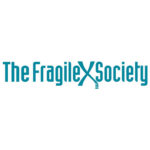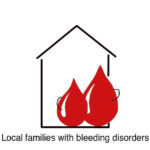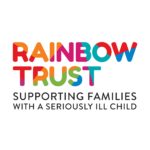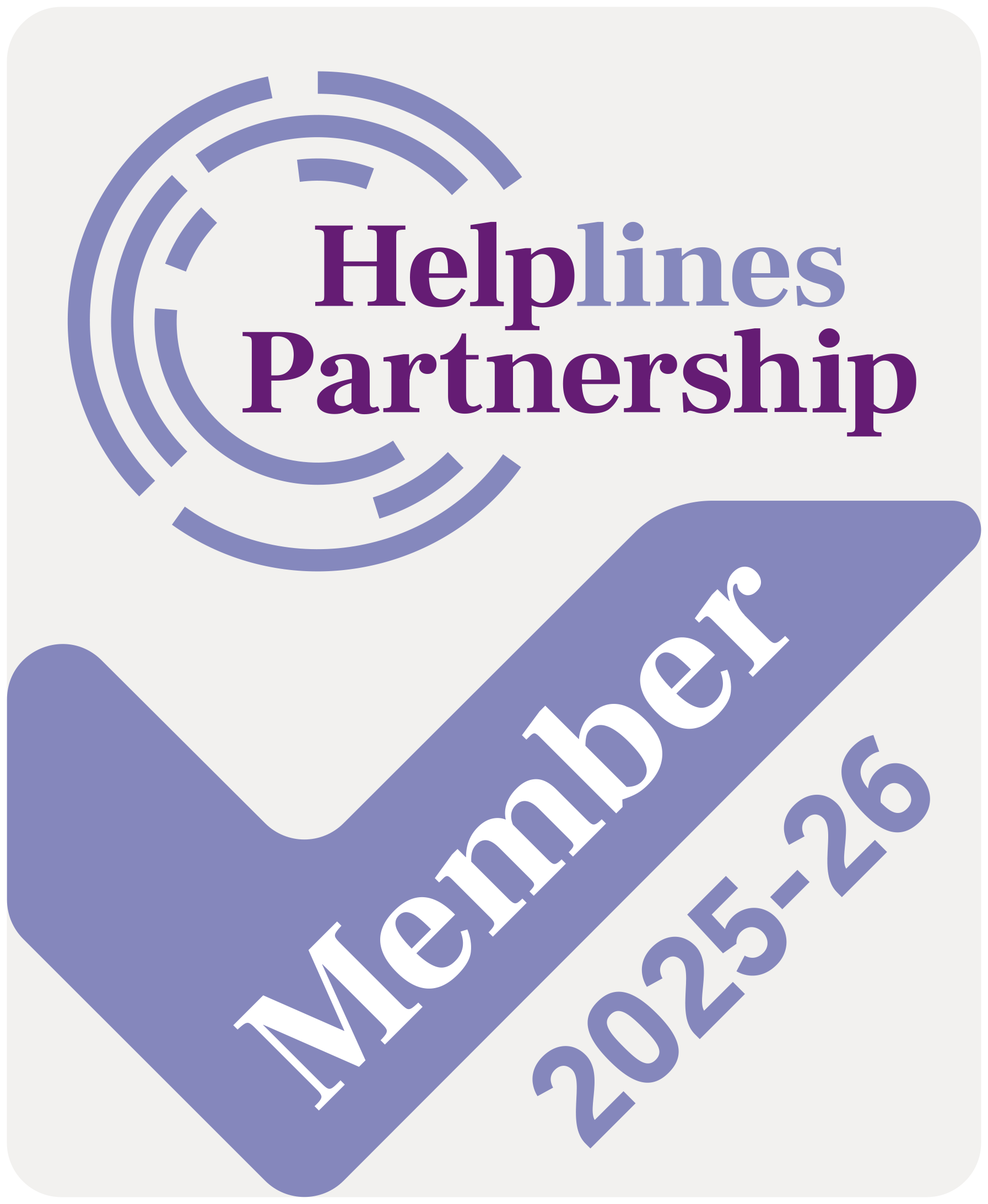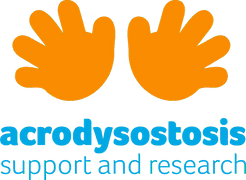
Acrodysostosis Support & Research
Acrodysostosis is a rare genetic disorder characterized by skeletal malformations, growth delays, short stature and distinctive facial features. Some children and young people diagnosed with the condition have varying degrees of intellectual disability. Another characteristic of the disease is a resistance to certain hormones that occur naturally in the body.
Acrodysostosis is a rare genetic disorder characterized by skeletal malformations, growth delays, short stature and distinctive facial features. Some children and young people diagnosed with the condition have varying degrees of intellectual disability. Another characteristic of the disease is a resistance to certain hormones that occur naturally in the body.
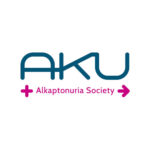
The Alkaptonuria (AKU) Society
Alkaptonuria, also known as AKU or Black Bone Disease, is an extremely rare genetic condition that stops patients’ bodies from breaking down a chemical called homogentisic acid (HGA) which the body naturally produces during the digestion of food. Due to this, HGA builds up in the body and, over time, leads to black and brittle bones and cartilage, and early onset osteoarthritis. The build up of HGA in the body can also lead to other, sometimes more serious health complications
Our grant will help fund the pioneering research study: SOFIA-Paediatric (Subclinical Ochronosis Features in Alkaptonuria in paediatric age). The aim of study is to identify at what age the damage to joints caused by AKU begins so that medication can be administered at the correct age to prevent the devastating effect of the condition.
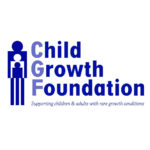
The Child Growth Foundation
The Child Growth Foundation provides information, advice and support relating to all growth conditions, a large proportion of which are genetic. Smith-Kingsmore Syndrome is a genetic overgrowth condition which also results in learning difficulties, seizures and difficulties with communication and social interaction. Smith-Kingsmore Syndrome is a rare and only recently described condition..
Our grant will help establish a Smith-Kingsmore Syndrome Support Network with volunteer coordinator and moderated online forum. The grant will also fund an information day and an information sheet to raise awareness and understanding of the ‘new’ condition.
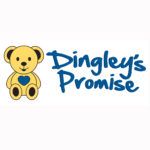
Dingleys PromisE
Dingley’s Promise provides life-changing support to under five-year-olds with additional needs and disabilities, including children with genetic disorders. The Dingley’s Promise Centres support children with a range of additional needs – including visual impairment, speech and language delays, low muscle tone, developmental delays and delayed gross motor skills.
Our grant will fund a series of Power of Story Telling – Story Sack Sessions. These specialist sessions use puppets to bring a story to life and encourage higher levels of participation and interaction. This encourages children with special educational needs to practice and improve their speech and language skills and key social skills such as listening, concentrating, waiting, sequencing and joining in with others.
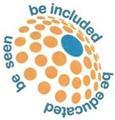
Down Syndrome Training and Support Ltd
There are approximately 11,625 children living with Down syndrome in the UK. Each one has some degree of learning disability and many have heart defects, hearing/vision difficulties, diabetes, and thyroid problems. Friendships and a social life can be hard to find for these children. Down syndrome Training and Support aims to improve the education, development and inclusion of people with Down syndrome.
Our grant provides funding towards their Early Development Groups which deliver fun activities to babies and young children with Down syndrome aged birth to 5/6 years and their parents and carers to help develop early interaction, communication, fine/gross motor skills, feeding, drinking, speech, number and literacy skills.
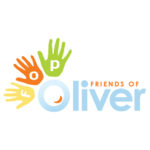
FOP Friends
Fibrodysplasia ossificans progressiva (FOP) is one of the world’s rarest genetic conditions, affecting just one in 2 million people. A child with FOP progressively experiences their muscles, ligaments, tendons and connective tissues turn to bone, and over time their healthy mind becomes locked inside a frozen body. Knocks, bumps and childhood immunisations can trigger bone growth and there is no known treatment or cure.
Our grant will fund a creche and consultation room at the FOP Friends Symposium. This will offer parents whose children are affected by FOP the chance to meet and share stories and resources together with other parents. They can also consult medical experts on their child’s condition and attend clinic sessions to further develop their knowledge of FOP to ensure that they can offer the best quality of ongoing care for their child.
Fragile X Society
Fragile X syndrome is the most common known cause of inherited learning disability in boys. Affected boys experience developmental delay, difficulties with social interaction, as well as emotional and behavioural problems.
Our grant will fund the development and improvement of The Fragile X Society’s current Fragile X eLearning course to improve the knowledge and skills of those who provide support to children with the condition.
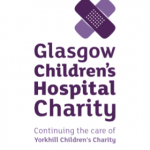
Glasgow Childrens Hospital Charity (Office of Rare Conditions)
The majority of children with rare conditions who attend the Royal Hospital for Children have a genetic disorder. These include disorders such as Prader Willi, Turner’s Syndrome and FOP. Families report feelings of isolation, frustration at lack of knowledge and expertise on the individual’s rare condition.
Our grant helps fund a series of event days run by the Office of Rare Conditions – supporting children with rare genetic disorders. Events include Christmas parties, a rare diseases fun event, a family information day for medical professionals and families, a neuro muscular event and a patient advisory group event.
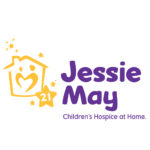
Jessie May
The charity provides specialist at-home hospice care for terminally ill children. Many of the 140 children they currently support have genetic disorders such as Rett syndrome, Barth syndrome, Zellweger syndrome and Duchenne Muscular Dystrophy. Children have complex needs including severe physical and learning disabilities plus feeding difficulties. Many require 24-hour care. None are expected to live beyond 19. Children often have prolonged stays in hospital which can be traumatic.
Our grant will help fund the Making Fun Possible Project – fun days out for families where they can simply ‘be a family’ and create important memories, free from their caring responsibilities, supported by a Jessie May nurse.
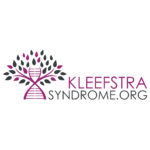
KleefstraSyndrome.org
Kleefstra Syndrome (Ks) is a rare genetic disorder characterised by learning difficulties, often accompanied by a spectrum of complex physical and clinical features. Children are most commonly delayed in their development, have delayed or no speech and low muscle tone. Some children have problems with hearing and vision, experience seizures, heart conditions, sleep and behavioural difficulties, aspiration reflux/GERD or other digestive issues.
Our grant will help fund a Kleefstra Conference, offering affected families the chance to meet and share stories and resources together. They will also have access to the leading professionals in the syndrome and be provided with the most up to date research to improve their understanding of Kleefstra syndrome.
Local Families with Bleeding disorders
Haemophilia is a hereditary bleeding disorder which affects the way blood clots. Children and young people are affected by internal bleeds into joints, muscles and other tissues, which can cause severe pain and have a dramatic effect on their well-being.
Our grant funds a Family weekend at PGL Marchants Hill giving children with genetic bleeding disorders, and their families, the opportunity to take part in a range of activities such as abseiling, low ropes, archery, hiking, trapeze, raft building and team games. The aim is to break down isolation, build confidence and make friends with other children just like them, so that peer support networks are created.
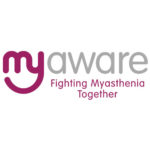
MyAware
Congenital myasthenic syndrome (CMS) is a neuromuscular genetic disorder characterised by muscle weakness that worsens with physical exertion. Affected children may experience mobility issues, owing to weakness in the skeletal muscles; problems eating, owing to weakness in the muscles used for chewing and swallowing; and problems controlling facial movement, owing to weakness in the facial muscles and muscles controlling the eyes and eyelids.
Our grant will help fund an annual residential weekend for children and young people across the UK living with myasthenia. The weekend gives affected children the opportunity to take part in a range of inclusive activities to share experiences, build confidence and make friends.

Nerve Tumours UK
Nerve Tumours is an umbrella term for three genetic conditions: Neurofibromatosis Type 1, Neurofibromatosis Type 2 and Schwannomatosis. All of the conditions cause nerve tumours. These tumours are usually non-cancerous (benign). They can be internal, or external, they can be big or small. Sometimes they cause no harm, other times they can provoke serious medical, physical and psychological conditions.
Our grant will help fund the iNForm project – a schools advisory service for teachers and parents of children up to the age of 18 who are diagnosed with NF1 and experiencing difficulties at school so that children are able to reach their full potential in spite of their diagnosis.
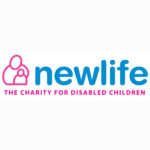
Newlife
Newlife is the UK’s largest charity funder of children’s specialist disability equipment and the UK’s only provider of a national emergency equipment service for terminally ill children.
Our grant provides essential specialist equipment such as pain-relieving beds, wheelchairs, car seats and portable hoists which will make a real and lasting difference to the lives of individual children and their families affected by genetic disorders.
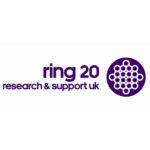
Ring 20 Research and Support
Ring chromosome 20 syndrome is a neurological genetic disorder that causes epilepsy. Affected children suffer from multiple seizures that are often prolonged and difficult to treat as they are resistant to anti-epileptic drugs. The children also experience learning disability and behavioural difficulties.
Our grant will fund a R(20) Breakfast Symposium for Healthcare Professionals and R(20) families to hear and share the latest research updates and knowledge of treatments, learning from each other and improving the lives of all children suffering from R(20).

Scottish Huntingtons Association
Huntington’s disease (HD) is a genetic disorder that affects the central nervous system. It causes a progressive degeneration of the cells in the brain, which leads to gradual physical, mental and emotional changes, eventually impairing a person’s ability to walk, talk, think and reason. The condition usually develops in adulthood but around 10 per cent of those affected can show symptoms in childhood.
Our grant will support The Scottish Huntingtons Association’s Young Ambassadors and Peer Supporters Project (YAPS) that provides bespoke training to young people in HD families to enable them to succeed as HD Ambassadors in their local communities
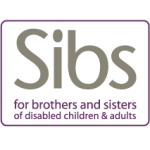
SIBS
Sibs provides support to siblings of children with genetic disorders, disabilities and additional needs. Sibs estimates that there are 400,000 siblings of children with genetic conditions in the UK. Siblings of children with genetic conditions have a need for information, understanding and support around their brother or sister’s condition.
SIBS currently have a small directory of disability and condition information on their site which are researched, written and designed with children in mind. Our grant will allow them to expand this area to include a wider number of high quality, accessible information for young siblings on genetic conditions.
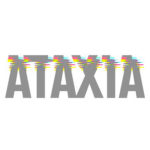
The Ataxia Telangiectasia (ATS) Society
Ataxia-Telangiectasia or A-T, is a rare and complex genetic disorder. It is often referred to as a ‘multi-system’ disorder because it affects a number of different systems within the body. It gives increasing physical disability, while deficiencies in the immune system can lead to frequent colds and infections and the gradual emergence of lung problems.
Our grant will support The Ataxia Telangiectasia Society’s New Family Support Project – in particular, the staff costs associated with supporting families whose child has recently been diagnosed with Ataxia Telangiectasia.
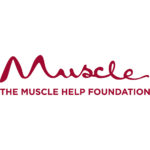
The Muscle Help Foundation
Muscular Dystrophy (MD) refers to a group of genetic, hereditary diseases that weaken muscles in the human body. MD is characterised by progressive skeletal muscle weakness, defects in muscle proteins and the death of muscle cells and tissue. Most conditions are progressive but the prognosis for sufferers differs according to the type and progression of the disorder. Some cases may be mild and progress slowly over a normal lifespan. Others produce severe muscle weakness, functional disability, and loss of the ability to move parts of the body.
Our grant will help to fund The Muscle Help Foundation’s Flying Muscle Dreams Signature Programme – a highly-personalized flying experience for young people with Muscular Dystrophy that aims to improve confidence, self-esteem and resilience.
The Rainbow Trust Children’s Charity
The Rainbow Trust Children’s Charity provides emotional and practical support to children and young people with a life threatening or terminal illness, including genetic disorders. They also provide emotional and practical support to their siblings, parents and carers.
Our grant will help fund the cost of a Rainbow Trust Family Support Worker, who would support 25 sick children and their families over a year. Family Support Workers provide a lifeline of support to families who desperately need it at home, in hospital and in the community.
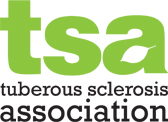
Tuberous Sclerosis Association
Children with Tuberous Sclerosis Complex (TSC) can develop growths (in their brain, heart, eyes, kidneys, lungs or skin), renal problems, severe learning difficulties, epilepsy and behavioural difficulties. On top of these health implications, the complications associated with this condition can be also extremely concerning and frightening for those affected..
Our grant will help fund a Community Afternoon on the final day of The Tuberous Sclerosis Association’s 2020 conference which would see a selection of international authorities on TSA present about their work to the TSA community so that they can keep informed about the latest developments in TSA research.
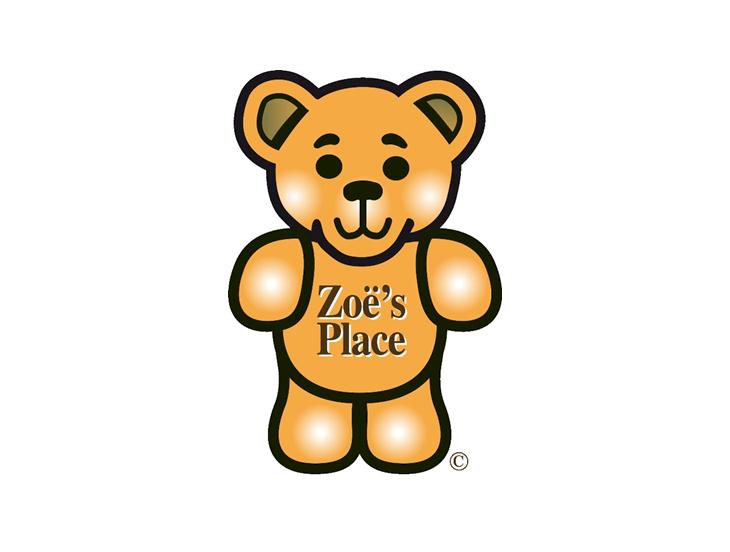
Zoe’s Place Coventry
Zoe’s Place provides respite, palliative and end of life care for babies and young children aged five and under with a life-limiting or life-threatening condition. All require 24 support on a one-to-one basis. The majority of children attending Zoe’s Place are there for respite care, which gives their parents a chance to recharge their batteries or spend time with their other children. Nurses care for children with conditions including Batten Disease, Muscular Dystrophy and Spinal Muscular Atrophy.
Our grant will fund 172 hours of specialist one to one respite care which will offer parents and carers of babies with a life-threatening or life-limiting genetic condition, a chance to recharge their batteries or to spend time with their other children. During their time at Zoe’s Place babies and young children are able to access expert care and important therapies.
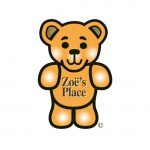
Zoe’s Place Liverpool
Zoe’s Place provides respite, palliative and end of life care for babies and young children aged five and under with a life-limiting or life-threatening condition. All require 24 support on a one-to-one basis. The majority of children attending Zoe’s Place are there for respite care, which gives their parents a chance to recharge their batteries or spend time with their other children. Nurses care for children with conditions including Batten Disease, Muscular Dystrophy and Spinal Muscular Atrophy.
Our grant will fund physiotherapy sessions for 6 months. Zoe’s place aims to offer all children who attend the hospice the ability to enjoy a number of physiotherapy sessions throughout the year, some of which take place in their hydrotherapy pool. The sessions help to release tension, pain and stress, increase and maintain muscle strength and endurance and promote wellbeing.

